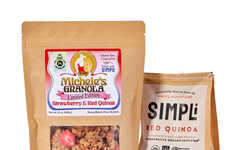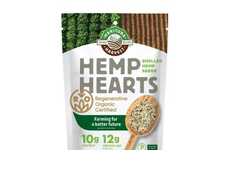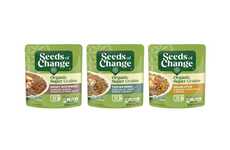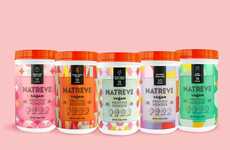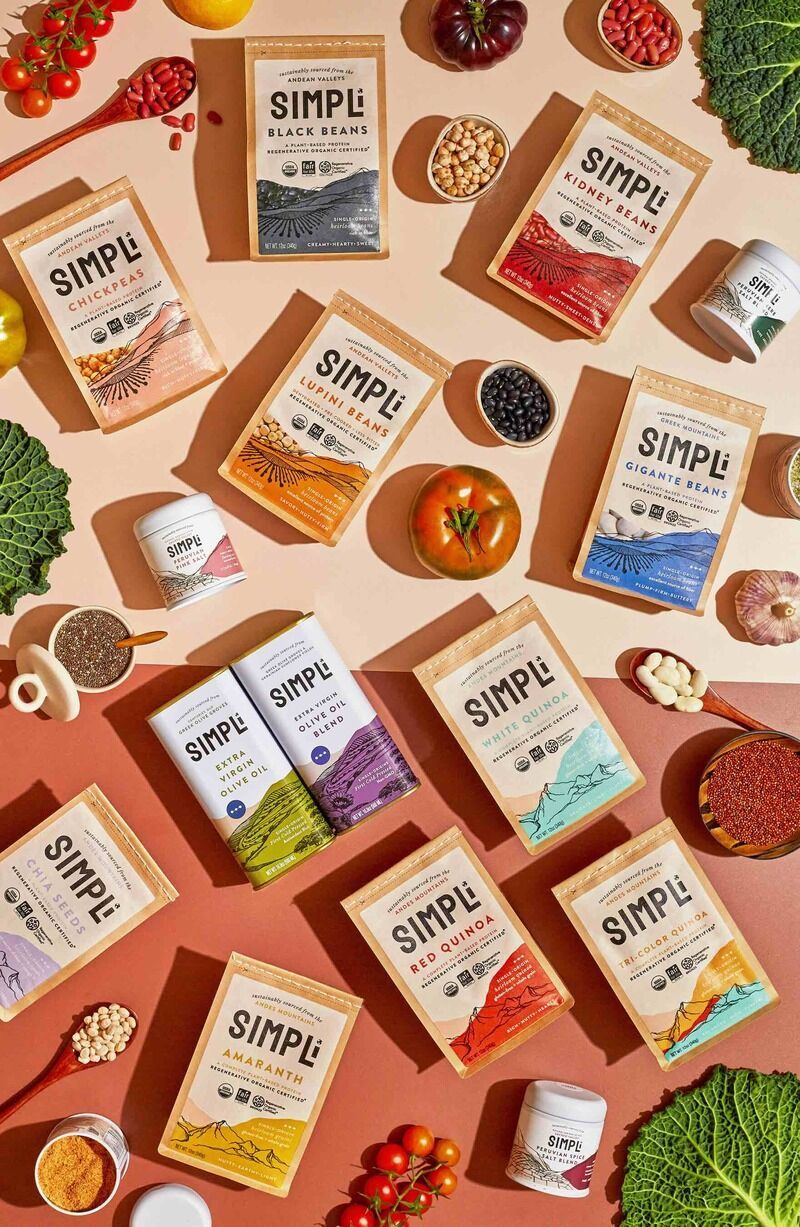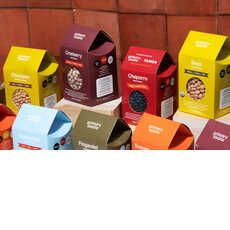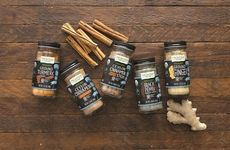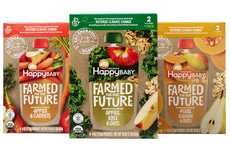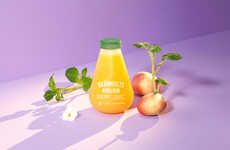
SIMPLi and Whole Foods Market Partnered on a New Initiative
Michael Hemsworth — April 4, 2023 — Lifestyle
References: eatsimpli & storebrands
SIMPLi and Whole Foods Market have launched a new partnership that will see the former brand's products arriving at the latter retailer's various locations across the US. The partnership will see the products launching exclusively for a three-month period at Whole Foods Market locations, which will include the Regenerative Organic Certified Black Beans, Lupine Beans, Kidney Beans, Chickpeas and more. All of the pantry products are single-origin heirloom varieties with a USDA Organic certification, while also being Regenerative Organic Certified and Fair for Life Trade Certified.
Category Merchant at Whole Foods Market Lizette Coello commented on the SIMPLi and Whole Foods Market partnership saying, "Whole Foods Market is deeply committed to supporting regenerative organic agriculture, and we are proud to launch SIMPLi's new Regenerative Organic Certified beans and amaranth exclusively in Whole Foods Market stores nationwide."
Category Merchant at Whole Foods Market Lizette Coello commented on the SIMPLi and Whole Foods Market partnership saying, "Whole Foods Market is deeply committed to supporting regenerative organic agriculture, and we are proud to launch SIMPLi's new Regenerative Organic Certified beans and amaranth exclusively in Whole Foods Market stores nationwide."
Trend Themes
1. Regenerative Organic Certification - The trend towards regenerative agriculture practices offers opportunities for businesses to invest in and launch products with Regenerative Organic Certification
2. Single-origin Heirloom Varieties - Consumers express interest in single-origin heirloom varieties, presenting opportunities for businesses to expand their product lines and provide consumers with unique and exclusive products
3. Fair Trade and Sustainable Trade Practices - Fair Trade and Sustainable Trade certifications create opportunities for businesses to promote their ethical practices and attract consumers who value social and environmental sustainability
Industry Implications
1. Food and Beverage - The food and beverage industry can incorporate regenerative and sustainable practices into their supply chains and invest in unique, single-origin heirloom varieties to meet consumer demand and promote ethical practices
2. Retail - Retailers can partner with regenerative and sustainable food producers to offer consumers unique and exclusive products that align with their values and promote sustainable and ethical trade practices
3. Agriculture - Investment in regenerative agricultural practices presents opportunities for farmers and agriculture businesses to improve their environmental impact, reduce costs and meet growing consumer demand for sustainable practices
4.3
Score
Popularity
Activity
Freshness

